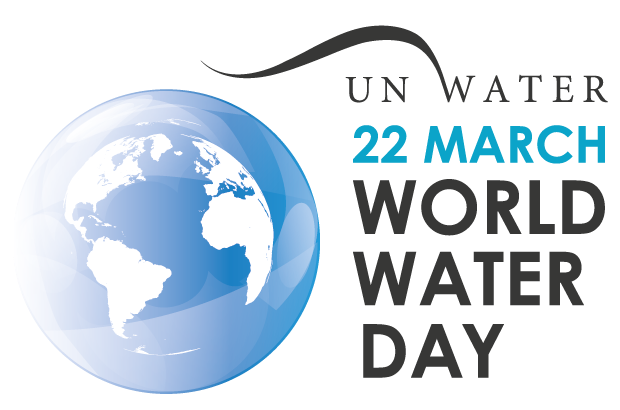Elsevier,
Kunal Singha, Subhankar Maity, Pintu Pandit, Saptarshi Maiti, Shanmugasundaram O. Lakshmanan, Chapter One - Nanotechnologies for wastewater treatment, Editor(s): Subramanian Senthilkannan Muthu, In The Textile Institute Book Series, Sustainable Technologies for Textile Wastewater Treatments, Woodhead Publishing, 2021, Pages 1-12, ISBN 9780323858298, https://doi.org/10.1016/B978-0-323-85829-8.00009-2.
This chapter advances UN SDG goal 12 by ensuring sustainable consumption and production patterns
RELX’s Global Head of Corporate Responsibility, Dr Márcia Balisciano, talks to Dr Annabelle Houdret and Dr Michael Brüntrup about water security, sustainable consumption and SDG 6.
World Water Day is an annual United Nations Observance focusing on the importance of freshwater and raising awareness of the 2.2 billion people living without access to safe water.To raise awareness of the value of water, Elsevier presents a curated list of free access journal articles and book chapters. At Elsevier, we are advancing #SDG6 research and ensuring that #Everydrop counts.
This book chapter advances SDGs 3, 12, and 13 by discussing carbonaceous aerosols that are one of the important components of the aerosol and play a significant role in changing climate, fluctuating air quality and health of the living being.
This book chapter advances SDGs 3, 12 and 13 by discussing the entrance of microplastics in a range of environments, including oceans, surface waters, wastewaters, soils, sediments, the atmosphere, and food.
This chapter advances the UN SDG goal 3 and 17 in understanding Alzheimer's disease at the cellular level
This chapter advances the UN SDG goal 3 and 17 in exploring the link between metabolites of shikimate pathway and Alzheimer disease
The National Biogas Policy of Ethiopia introduces plans for the implementation of biogas technologies in rural areas. However, rural households' decision to adopt biogas energy technology has been influenced by different socio-economic and institutional factors. This research was therefore undertaken to determine the actual energy consumption status and factors impacting the adoption of biogas technology by rural households in northwestern Ethiopia. Primary data from 182 randomly chosen households and 15 key informants were obtained.
Our carbon-intensive economy has led to an average temperature rise of 1 °C since pre-industrial times. As a consequence, the world has seen increasing droughts, significant shrinking of the polar ice caps, and steady sea-level rise. To stall these issues’ worsening further, we must limit global warming to 1.5 °C. In addition to the economy's decarbonization, this endeavour requires the use of negative-emissions technologies (NETs) that remove the main greenhouse gas, carbon dioxide, from the atmosphere.

